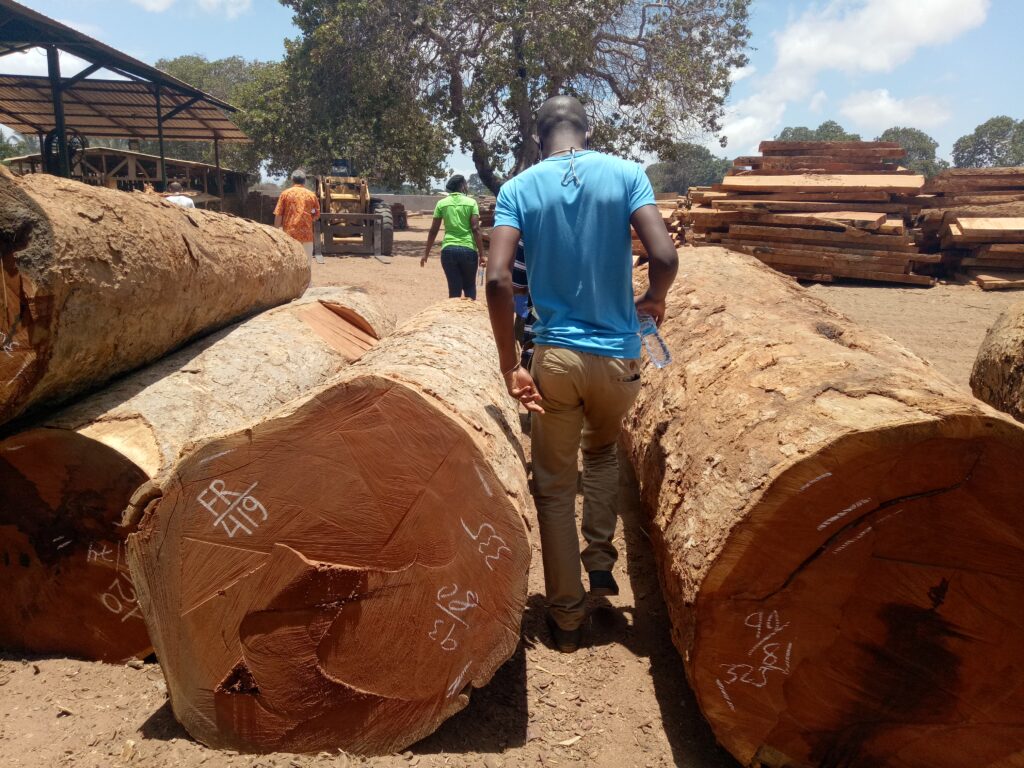Green Value Chain Program
“From Producers to Markets.”
Whole Value Chain Engagement

In today’s globalized economy, international value chains exert immense influence on communities, ecosystems, natural resources, and the climate, from illegal deforestation and wildlife trafficking to carbon emissions and inequitable benefit distribution among producers. These complex systems are therefore positioned as powerful intervention points for advancing a more sustainable and just future. This program aims to address environmental and social footprints of supply chains across Asia and beyond—spanning forests, agriculture, wildlife, and other high-risk commodities. It will catalyze both supply and demand for commodities that are legal, sustainable, and responsibly sourced.

Sustainable Agricultural Investment and Trade in ASEAN Countries
Building upon past engagement and consensus with forest and agriculture business associations and NGOs in the ASEAN region, we will start building partnerships to support sustainable agriculture investment practices. We will support companies with improved commucation with local NGOs and communities, implement sustainable and social responsible production, and summarize successful models to be shared with other companies, investors and government agencies for recognition and better policy making.
Incentive Policies for Sustainable Investment, Trade and Financing
Transitioning to sustainable supply chain practices often incurs significant costs, including the adoption of advanced traceability and management technologies, certification processes, and capacity building. Many businesses, along with their suppy chain actors including smallholder farmers, lack the policy motivation and financial resources to undertake these changes independently. Policies and financing mechanisms, such as green finance, carbon financing, and tax benefits, can provide critical incentives for stakeholders to embrace environmentally responsible practices. We work with policy makers, financial institutions and regulators to enrich resources for supply chain actors to take actions and enable market transformation toward sustainability.





